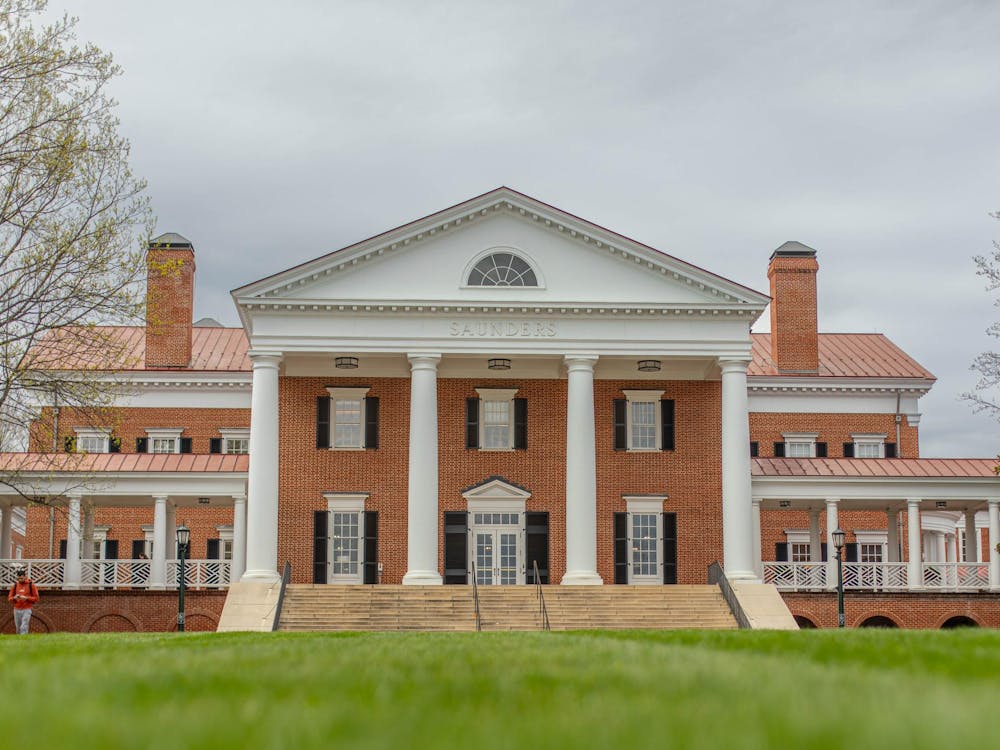The Student Council Appropriations Committee enacted cuts across the board in the allocations it distributed last night for next year's CIO funding.
Of the $600,000 allocated to the committee for distribution, $395,341.20 was awarded to the 288 CIO funding requests, leaving approximately $200,000 for rolling-basis allocations that will be awarded throughout fall 2006 and spring 2007.
The committee made cuts based on Student Council goals and popular demand, Appropriations Committee Co-Chair Michael Love said.
"No group received 100 percent of its request -- everyone would have been cut a little," Love said. "Even if some groups had no line-item cuts, we still applied standardized cuts across three categories."
In determining allocations, the committee first applied Student Activity Fund guidelines established by the Board of Visitors to make line-item cuts.
Then, of a total $1.3 million requested by University CIOs under the categories of operational, activity and traveling funds requests, the committee enacted cuts of 34.56 percent, 36.67 percent and 60.63 percent, respectively, to all requests.
"We're frustrated because we really could have used funds and we even presented a lean proposal," said Darden student Jason Sinnarajah, treasurer of the Darden Media Entertainment Sports club that received no allocation yesterday.
In the past 10 years, the number of CIOs has approximately tripled, spreading the committee's funds over a greater number of organizations, Love said.
Though 288 organizations applied for funding in this first round of requests for next year, Love said he expects more CIOs to make rolling-basis requests throughout next year. For example, 400 CIOs applied for funding over the course of this year, he said.
The approximately $200,000 that has been reserved for these rolling-basis requests will be awarded throughout next year at fortnightly meetings of the Appropriations Committee.
"About $150,000 goes unspent each year," Love said. "The rolling process is designed to help this."
Rolling-basis allocations provide funding for organizations with unpredictable or unforeseen expenditures arising in the course of the academic year, Love added.
The committee has also reserved 3.5 percent of its annual allotment for distribution to organizations that wish to appeal allocations before Student Council.
Sinnarajah, who said the committee is "unclear as to the entire process," added that he believes "there is need for a separate system for the graduate schools."
Love said separation of graduate and undergraduate allocations is unlikely and would precipitate complications because organizations often combine both graduate and undergraduate students. Questions about the process, he added, are addressed in the treasurer's manual that is available on the Student Council Web site.
As to how the committee determines relative precedence of organizations, Love said the committee asks, "How are you going to effect improvement or introduce new ideas to the student population?"
Love said he acknowledged that across-the-board cuts create an incentive for organizations to inflate expenses.
"There is nothing you can really do about it," he said. "We take it on [an organization's] honor that it is presenting a truthful and complete document."
Love said he is currently unaware of plans to increase the Appropriation Committee's allocation capital.






